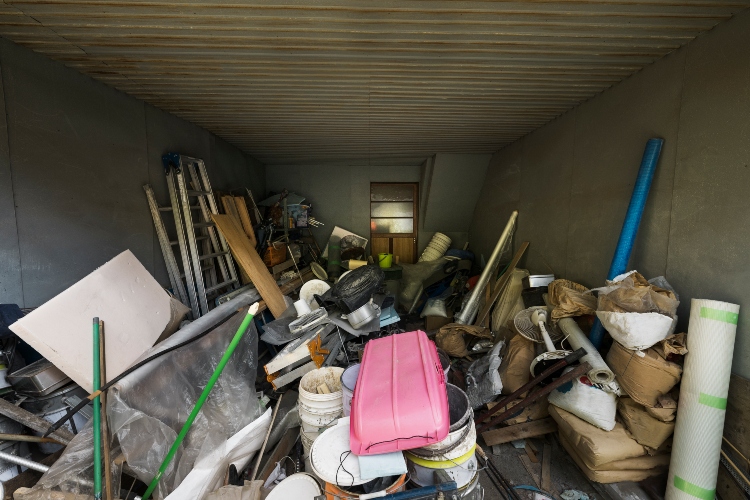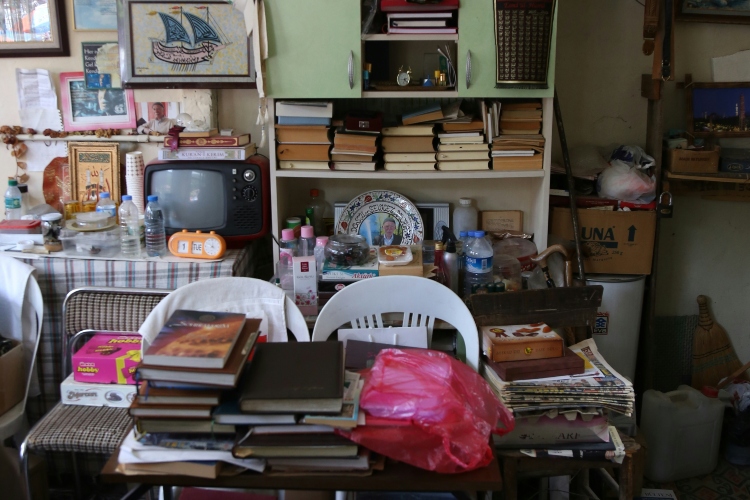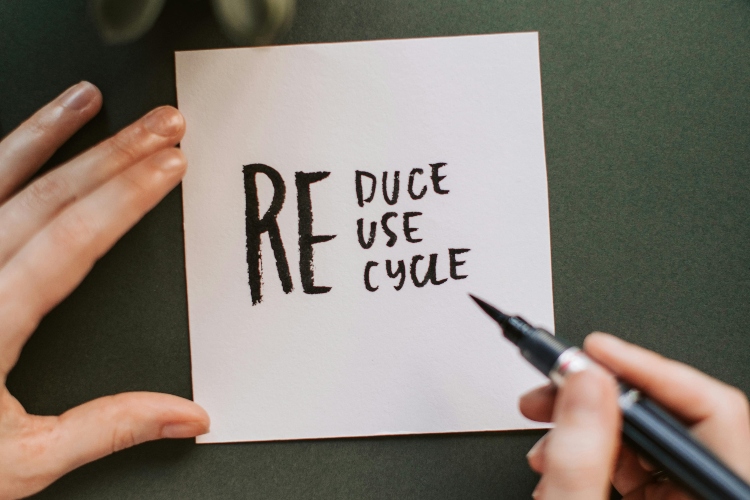Hoarding is more than just a tendency to collect or keep items. It is a known mental health disorder.
It affects millions of people in the United States, including Cookeville, TN, and the larger Putnam County area. For people with hoarding disorder, letting go of things can feel very hard. This can lead to homes filled with clutter and big problems in daily life.
Understanding the psychology of hoarding is critical for those directly affected, their loved ones, and the community. We can develop more compassionate approaches to addressing this condition by examining the mental health implications and available treatments.

What Is Hoarding Disorder?
People with hoarding disorder experience difficulty discarding or parting with possessions, regardless of their value. This behavior often creates messy living spaces, which can make daily activities like cooking, cleaning, and sleeping harder. The disorder is distinct from common untidiness or collecting, as it causes significant distress and impairment.
The Diagnostic and Statistical Manual of Mental Disorders (DSM-5) categorizes hoarding disorder as a unique mental health condition. It involves an individuals emotional, cognitive, and behavioral factors contributing to their inability to let go of items.
These factors include:
- Emotional attachment.
- Fear of losing something essential.
- Perceived value.
- Anxiety and distress
Many people in Cookeville, TN, may struggle with decluttering. However, hoarding disorder is more serious. It creates unsafe and unhealthy living conditions.
Why Letting Go Is So Hard
Hoarding reveals profound emotional and psychological challenges. Each item in a hoarder’s home often carries a memory or sense of identity. Parting with possessions can feel like losing a part of themselves and lead to feelings of anxiety, shame, and regret.
In addition, hoarding often serves as a coping mechanism for emotional pain or trauma. Traumatic life events, such as losing a loved one or financial hardships, can trigger or worsen hoarding behaviors. Accumulating items may provide temporary comfort or control, further reinforcing the cycle.

Recognizing Hoarding Disorder
The early signs of hoarding can be subtle. It often starts with a few extra items or unorganized rooms.
Over time, the clutter occupies more space, blocking pathways and making rooms unusable. Family members and friends may notice these changes before the individual does.
Common signs of hoarding disorder include:
- Persistent difficulty discarding items.
- Clutter that prevents the use of living spaces for their intended purposes.
- Anxiety or distress at the thought of getting rid of possessions.
- Isolation from friends and family due to embarrassment or fear of judgment.
Recognizing these signs is crucial for early intervention. The sooner the disorder is identified, the more effective treatment can improve the quality of life.
The Impact of Hoarding on Daily Life
Hoarding has far-reaching consequences that extend beyond a cluttered home. It disrupts daily routines, relationships, and overall well-being. Living in a hoarded environment can lead to:
- Health Risks: Piles of clutter can attract pests, mold, and dust, contributing to respiratory problems and other health issues.
- Safety Hazards: Blocked pathways and flammable items increase the risk of falls, injuries, and fires.
- Social Isolation: Many people who suffer from this disorder will begin to isolate themselves due to shame or fear of being judged.
- Financial Strain: Accumulating items and addressing property damage caused by clutter can result in significant expenses.
The Fine Line Between Collecting and Hoarding
While collecting and hoarding may seem similar, there are important distinctions. Collecting is a hobby that is typically an organized, purposeful activity that brings joy and pride. Items are displayed and maintained, enhancing the collector’s life.
Hoarding, on the other hand, lacks organization and creates chaos. Items are often kept haphazardly, and their accumulation disrupts daily functioning. When collecting crosses the line into hoarding, the possessions no longer bring happiness but become a source of stress and shame.
Treatment Options for Hoarding Disorder
Effective treatment for hoarding disorder requires a comprehensive approach that addresses the condition’s emotional and practical aspects.
In Cookeville, TN, individuals and families can access various resources to help navigate this challenging journey.
Cognitive Behavioral Therapy (CBT)
Cognitive Behavioral Therapy is one of the most effective treatments for hoarding disorder. CBT helps individuals identify and challenge distorted beliefs about their possessions. Through structured exercises, clients learn to:
- Confront their fears about discarding items.
- Develop healthier thought patterns.
- Gradually declutter their living spaces.
Therapists often guide clients in setting small, achievable goals to build confidence and reduce anxiety over time. Regular sessions provide ongoing support and help prevent relapses.
Professional Organizers
Hiring a professional organizer can be a valuable step in addressing hoarding. These experts work alongside individuals to develop practical strategies for decluttering and organizing their homes. While they do not address the underlying psychological aspects, their assistance can restore functionality and safety to living spaces.
Support Groups
Support groups offer a sense of community and understanding for individuals with hoarding disorder. Sharing experiences with others who face similar challenges fosters empathy and motivation. Family members can also benefit from attending these groups to learn how to provide constructive support.
The Role of Family and Community
Family members play a crucial role in supporting loved ones with hoarding disorder. Education is key to understanding the condition and fostering patience. Approaching the situation with compassion rather than judgment creates a safe environment for change.
Community awareness is equally important in Cookeville, TN. Reducing the stigma around hoarding encourages individuals to seek help without fear of shame. Public education campaigns and accessible mental health resources can make a significant difference in addressing this issue.
Living Spaces and Safety Concerns
Cluttered homes pose serious safety risks. In addition to blocked pathways and fire hazards, structural damage can occur due to the weight and placement of hoarded items. Addressing these concerns is a vital part of treatment and recovery.
Improving air quality by removing dust and mold is also essential for maintaining physical health. Collaborating with local professionals specializing in hoarding cleanup can help ensure a safe and thorough process.
Moving Toward Recovery
Recovering from hoarding disorder is a gradual and ongoing process. It requires a combination of therapeutic intervention, practical support, and a compassionate network of family and friends. Small steps can lead to significant improvements in quality of life.
In Cookeville, TN, individuals struggling with hoarding can find hope through local resources and mental health professionals. By understanding why people hoard and addressing the main causes, you can break the cycle. This will help you create a healthier and more organized life.
Conclusion: Compassion as a Catalyst for Change
Hoarding disorder is a complex condition that requires understanding and empathy. By delving into the psychology of hoarding, we can better support those affected and foster a more compassionate community in Cookeville, TN.
Recovery is achievable with the right combination of therapy, practical assistance, and family involvement. Raising awareness and reducing stigma empowers individuals to seek help and take steps toward reclaiming their spaces and their lives.
.


